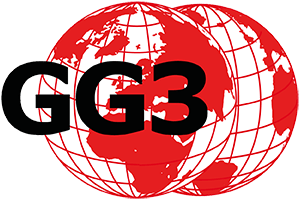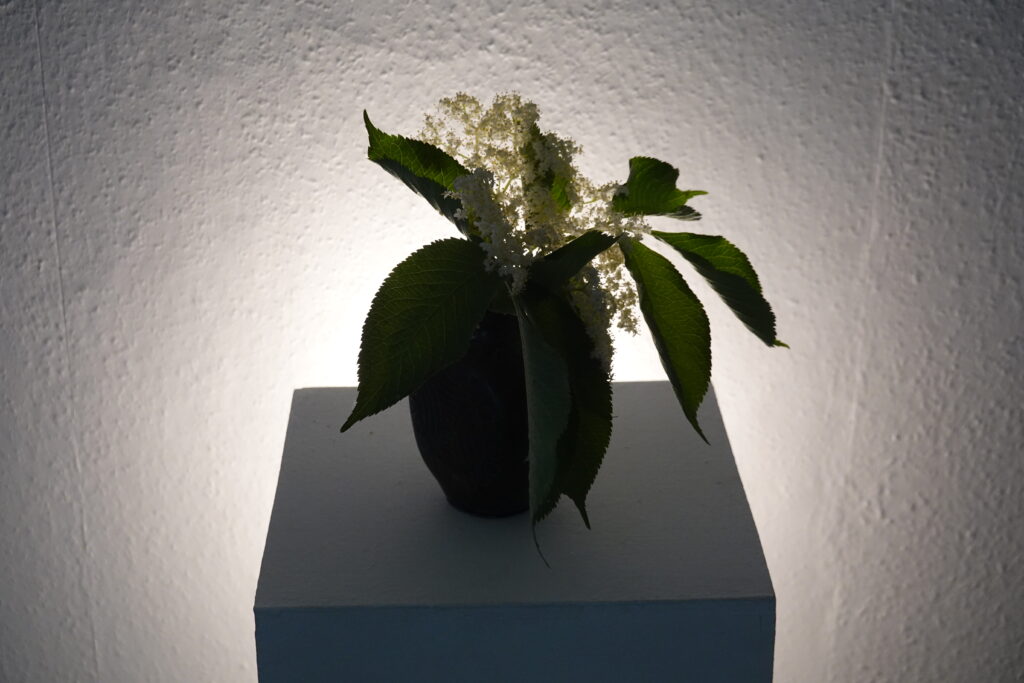Tom Albrecht: The Good Life as a Factual Image
I describe the subject in keywords as a factual picture. Much is consensus among experts and policymakers. Our vision is global.
Social
Democracy has citizens’ councils, citizens’ initiatives. People vote for democratic parties.
People pay cash and digitally.
The Western lifestyle respects planetary boundaries.
The work serves more self-made, repaired, forces less to earn money
People have time for work and care work in the non-formal system such as family, relationship.
People cultivate time and relationship wealth.
Self-help is promoted through education, craft is upgraded compared to study
Medicine focuses on quality of life style.
The artists receive a guarantee for their social participation.
The Internet is data-saving and powered by green electricity.
ecology
The forest is rebuilt, rich in species, suitable for the climate. Forestry serves the CO₂ sink. The extracted wood stores CO₂ in buildings.
Agriculture is grandchild-friendly, builds soil life and nutrient humus, CO₂ is stored in the soil.
The bogs are wetted again.
One eats organic, whole foods, high fiber, vegetarian or vegan. Meat eaters eat only Sunday roast. Leftover food is “saved”.
The built-up landscape is unsealed.
The arable land is withdrawn from speculation as a livelihood.
Species extinction has stopped. The species are preserved.
The garden is rich in species, has meadow instead of lawn, serves the self-sufficiency.
The country is upgraded compared to the city.
The streams are renaturalized
Rainwater is infiltrated instead of drained, stored and reused.
Wastewater is separated from rainwater, its heat is recovered.
The toilet, where possible, is a composting toilet. Recyclable materials in sewage sludge are recycled.
The gray water and its heat from the shower and kitchen are recycled and reused.
Economy
The world economy is economically selective de globalized. (Hartmut Rosa)
Degrowth or post-growth has been expanded in Germany to include the perspective of climate-friendly global growth.
The Supply Chain Act shows transparency from source to consumer.
The goods are durable, repairable, modernizable, shared with community.
The waste is avoided, recyclables are kept in the circle, packaging is avoided.
Fewer fashion and status items are consumed. Clothing is more durable, recyclable or reusable.
The energy turnaround is complete. The sources are renewable instead of fossil and nuclear, more decentralized. Consumption is more economical. The race against time “to become climate neutral”, is won.
The traffic happens on foot, by bike, by public transport. Motor vehicles are shared.
Traveling pays attention to resource consumption. Flying is done with green fuel. Cruising has ended or is regenerative, avoiding waste in the process.
Urban mining supplies raw materials instead of importing them.
CO₂ is saved in construction, and wood as a building material is a CO₂ reservoir. The building stock is being modernized in a climate-friendly way instead of being demolished.
The buildings are zero or low energy houses, have solar panels on roofs, facades. Solar panels are located along highways, in fields above fields.
Housing is happening on less land.
The city is climate-friendly, green, roofs and facades are greened.
Urban trees are diversified, site and climate appropriate, have canopy closure
The lighting is done with LED, where you are or it is socially necessary.
The light pollution of the sky has ended, all stars are visible again.
Berlin, May 2023

